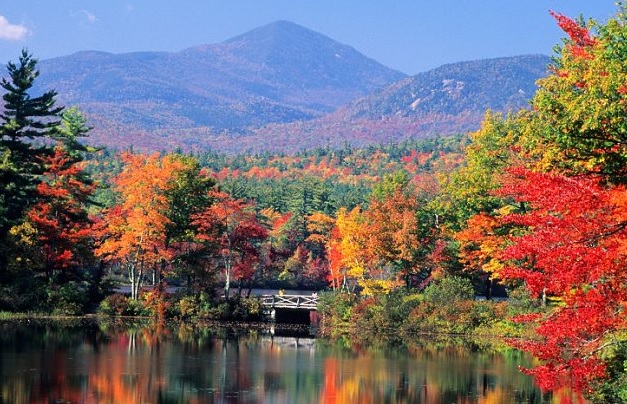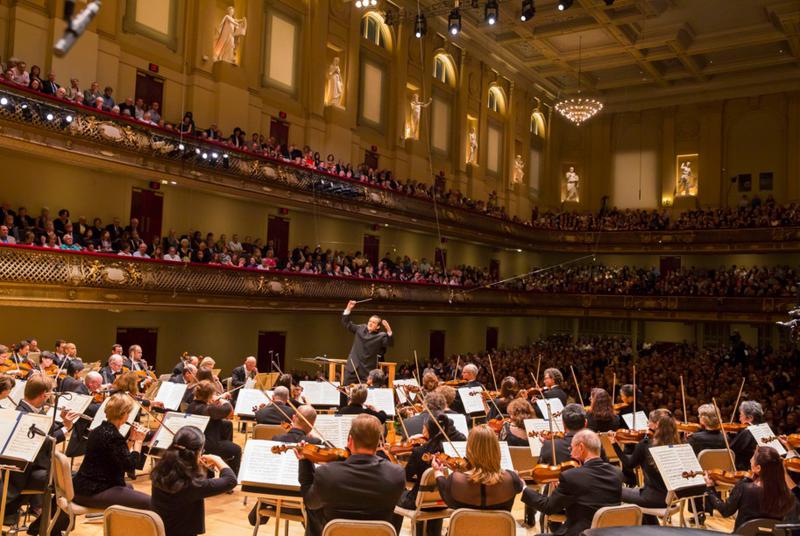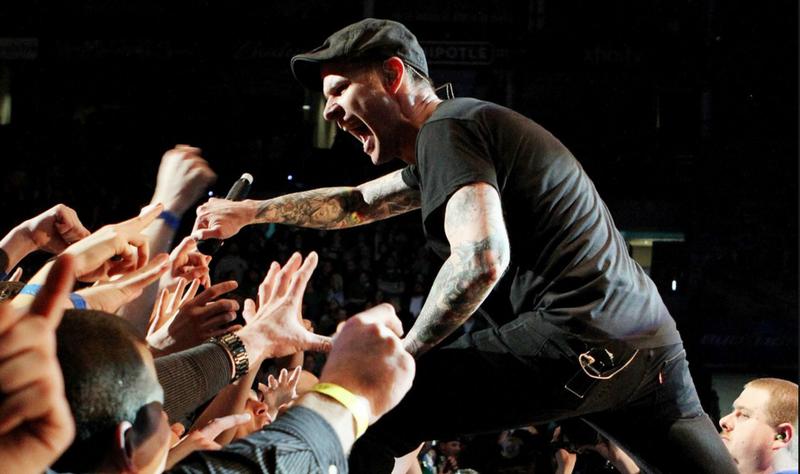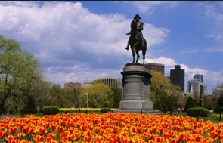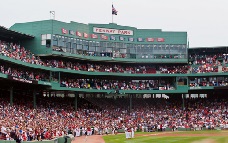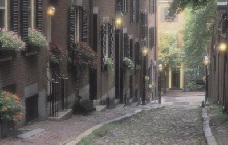Where We Live
What's Great About Milton and Surrounding Areas
The Town of Milton lies on the southern edge of Boston, separated from the Boston neighborhoods of Dorchester, Mattapan, and Hyde Park by the Neponset River. Back in the 1660’s, Milton was born from Dorchester, mostly because folks on the south side of the Neponset River got tired of trekking across the lone footbridge and several miles up the road to First Parish in Dorchester every Sunday. This eventually led to the construction in 1678 of the original First Parish in Milton as the community’s primary gathering point, both religious and secular. But we retain strong ties across the river as 10% of our First Parish membership joins us from the adjoining Boston neighborhoods.
strong advocates, but it is also an ongoing source of contention concerning the allocation of resources and the lack of French language special needs services. The expansion of Milton’s Library, completed in 2009, has made it a major hub of community activities.
Parents are active and engaged with the schools, and a thriving Milton Foundation for Education raises
significant funds for the system. Music and sports are both well supported. Milton is also home to Milton
Academy, a prestigious private school with an international reputation, as well as Fontbonne Academy,
a Catholic girls’ high school, and two Catholic elementary schools. Curry College, a small liberal arts
school committed to students with a range of learning styles, rounds out the educational picture of the
town. Milton’s location in the Boston metropolitan area also provides easy access to the big name
universities and colleges in the region.
Though most housing lots in the town are less than a fifth of an acre, Milton is a pleasant, wooded suburban town with extensive green space and a number of larger estates. The town abuts the Blue Hills Reservation, a 7,000 acre state park whose forest, ponds, hiking trails, and ski slope provide year-round recreation. Cunningham Park provides residents with a community center, several athletic fields, and a community swimming pool.
Commercial areas within Milton are limited, with most businesses located either in Lower Mills or in East Milton. As a result, the tax base of the town is mostly residential. Housing prices are high compared to surrounding communities. See local real estate statistics here.
Although on the whole Milton is very affluent, there is a population in Milton with real economic needs. 18% of the town’s households have less than a $30,000 in annual income. We have an active food bank in the town, and several local assistance funds have proven insufficient to fulfill all of the requests made in recent years. A significant portion of the local assistance funds come from our parish endowment and are managed by a social worker hired by the Trustees of the Parish Funds.
The town is 85% white, 10% black/African-American, and 5% other races/ethnicities. While neighborhoods are not strictly segregated, the majority of students of color are concentrated in one of the four elementary schools. There have certainly been times in recent decades that elements of the Milton community have tended to treat the Neponset River as something of a moat. However Citizens for a Diverse Milton has also been working for many years to sponsor activities promoting racial and ethnic unity within the town, and the school department has been steadily building more diverse faculty and leadership for two decades. Participation in events such as the Louis D. Brown Peace Institute’s Mother’s Day Walk for Peace in Dorchester have helped to build more strands of connection between the communities.
There is a high level of civic pride in Milton, expressed annually through We Are Milton, an open air music festival and fireworks display during the summer and Celebrate Milton, a day-long community festival in the fall. The Milton Interfaith Clergy Association holds an ecumenical Thanks-for-Giving service each November at which Milton citizens are celebrated for their service to the community. On an ongoing basis, committed members of the community work passionately through the Milton Arts Center and other venues to celebrate more of the arts in town. The town is also extraordinarily devoted to youth sports for both boys and girls through all seasons - as you might expect in a town that is a 37 minute drive from both Fenway Park to the north and Gillette Stadium to the south.
The communities surrounding Milton are each more ethnically and economically diverse than Milton and each has its own character. From Quincy, as the historic home of two Presidents, to Dorchester, as the site of legendary political rallies and the Dorchester Days Parade, one of the oldest community celebrations in all of Massachusetts, there is much history and cultural richness to explore throughout our local area.
Nowadays Milton is an affluent community of approximately 27,000, and has three times been ranked in the
Top Ten Best Places to Live in the US
by Money Magazine
and as #2 in 2011. Milton is noted by Wikipedia as having the highest percentage of citizens claiming Irish heritage of any town in the country -38%!
Proximity to the city of Boston and its great cultural institutions is a major draw for Milton. Convenient public transportation provides easy access to most of the Greater Boston area, but Milton wins its residents over based on its own merits.
Quality education is a very high priority in Milton. The public school system has a long-standing reputation for excellence, and has benefitted in recent years from major improvements to several of its school facilities. It is one of only two cities in Massachusetts with an optional grades 1-5 French immersion program. The program draws many young families here and has many
What’s Great About Boston
Boston is a city with a huge amount of history, great educational and cultural institutions, and extremely avid sports fans. It is simultaneously a global city that strongly influences the world’s economy and politics, and a city of neighborhoods, each with its own unique flavor. It is a great walking city. It has wonderful architecture. It has the oldest (and some would say crankiest) subway system in the country. And we love it!
If you have never been to Boston and you would like to get a flavor for the city, here is a good place to start.
If you have never seen New England in the fall . . .
if you have never heard the Boston Symphony . . .
or the Dropkick Murphys . . .
If you've never walked through the Boston Common in the spring . . .
or cheered in Fenway Park. . .
or had dinner in the North End. . .
you will have many wonderful treats awaiting you here!
Come see for yourself!
First Parish Milton, 535 Canton Avenue, Milton, Massachusetts 02186 ~ Email: office@fpmilton.org ~ P:617.698.6329 ~ http://fpmilton.org/



